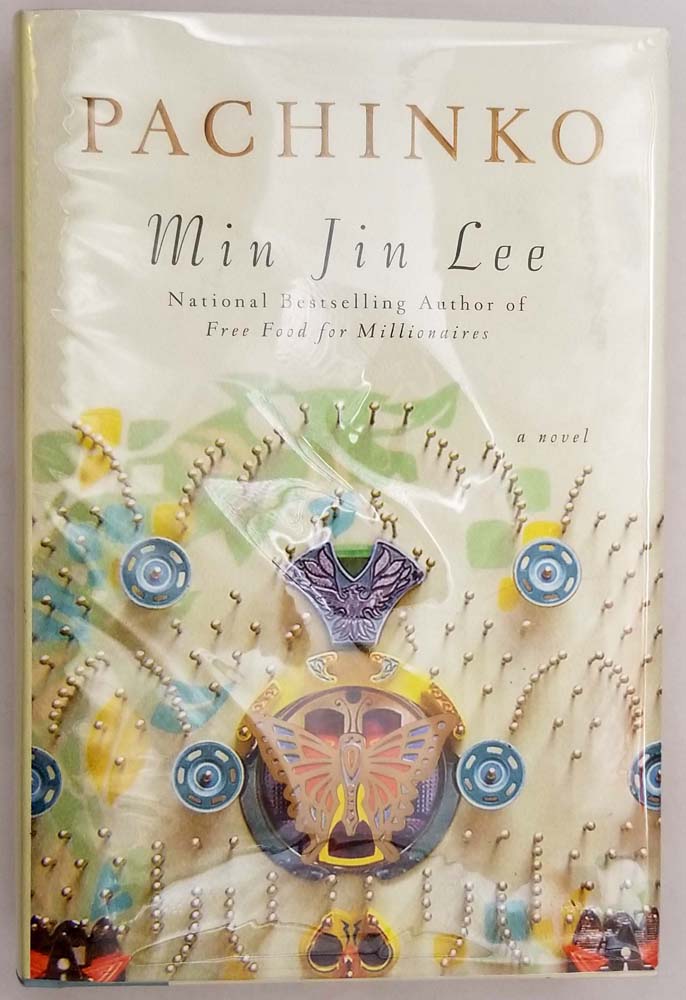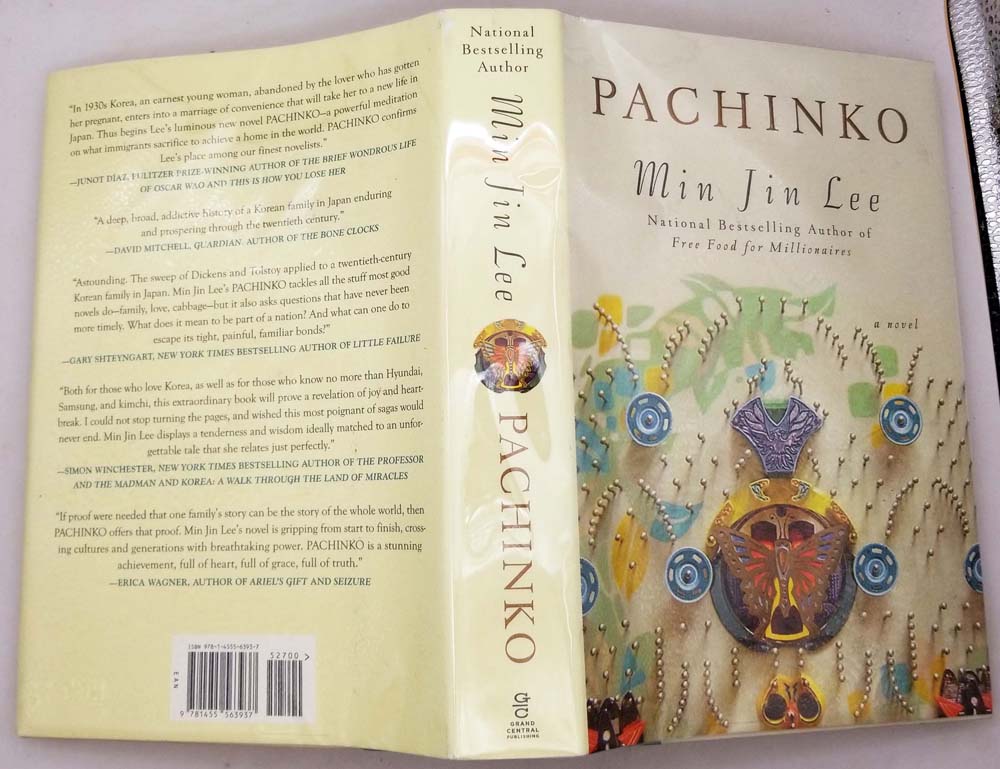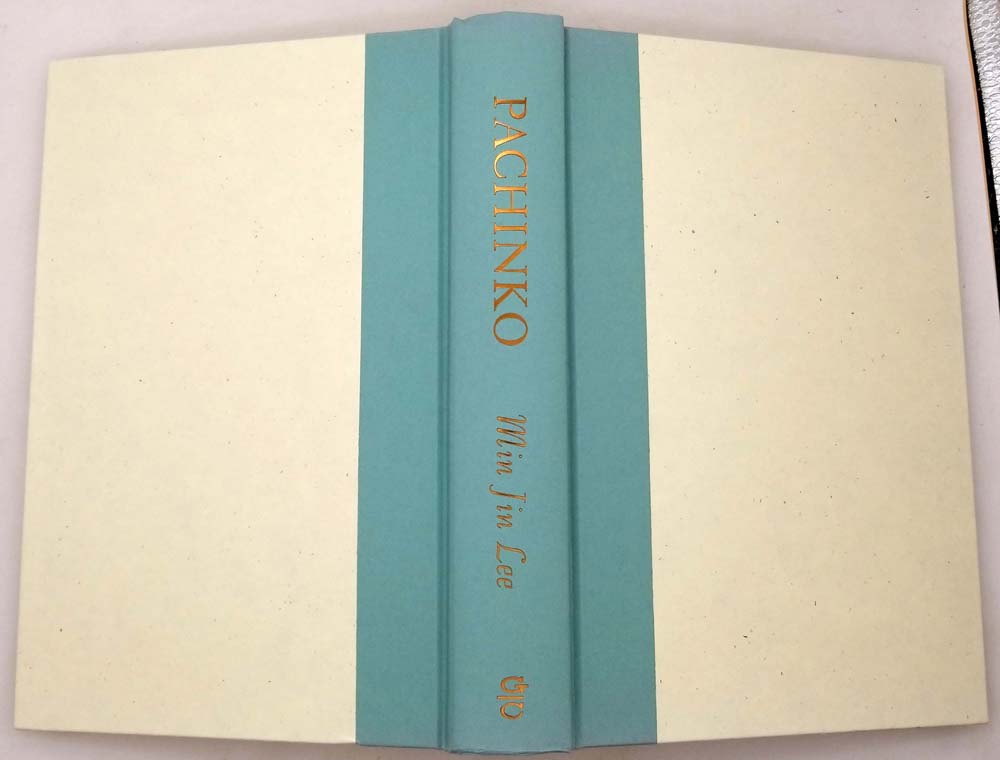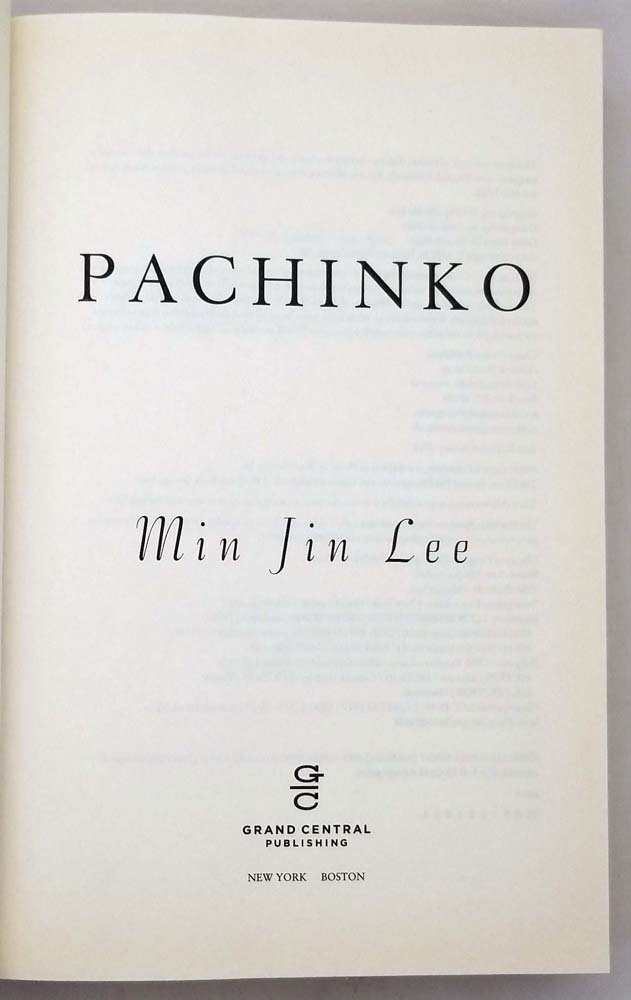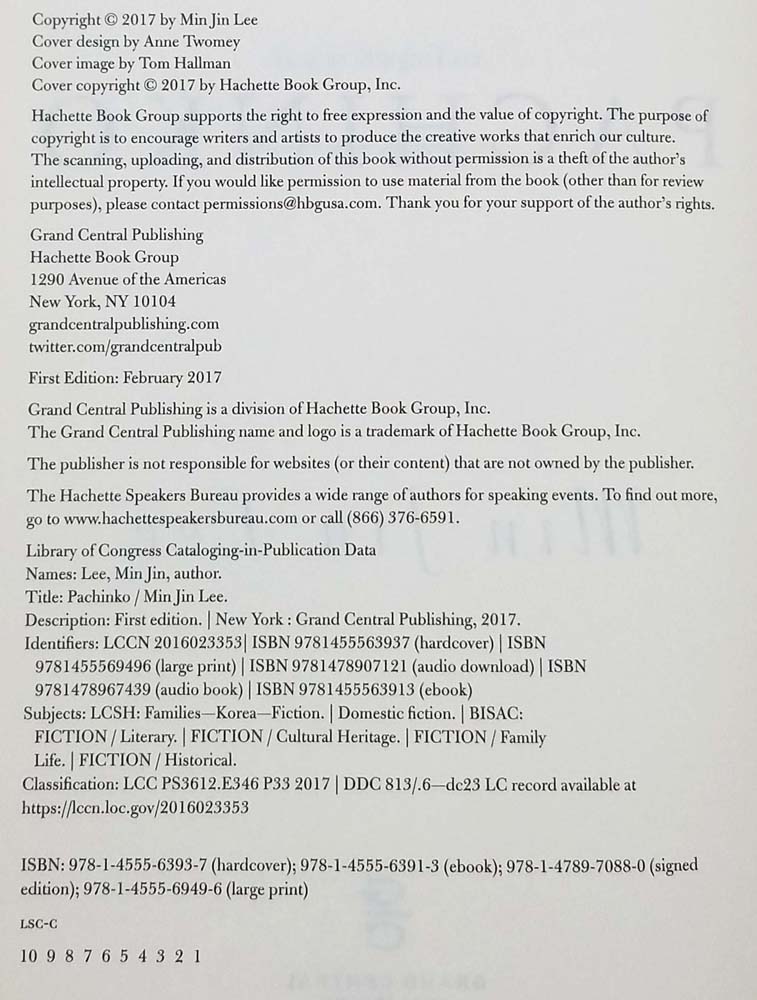Pachinko (2017) by Min Jin Lee is a sweeping multigenerational saga that follows a Korean family through eight decades of exile, discrimination, and resilience in 20th-century Japan. Beginning in 1910 during Japan’s occupation of Korea, the novel centers on Sunja, the daughter of a poor boardinghouse owner, whose life takes a dramatic turn after an affair with a wealthy yakuza leaves her pregnant. When a gentle minister offers her a path to redemption through marriage, she accepts and moves to Osaka—a decision that echoes across generations as her descendants navigate identity, survival, and the unrelenting stigma of being ethnic Koreans in a hostile society.
Lee’s epic explores themes of belonging, sacrifice, and the corrosive weight of colonialism through intimate character portraits, from Sunja’s struggle with poverty to her grandson Solomon’s futile attempts to assimilate in 1980s Tokyo. The pachinko parlors (Japanese pinball gambling halls) that the family operates become a metaphor for fate’s cruelties and fleeting chances—rigged systems that still demand participation.
With quiet yet devastating prose, Pachinko exposes the buried history of Korea’s diaspora, blending historical precision with emotional depth. A finalist for the National Book Award, it is a testament to the quiet heroism of ordinary lives shaped by forces beyond their control.
